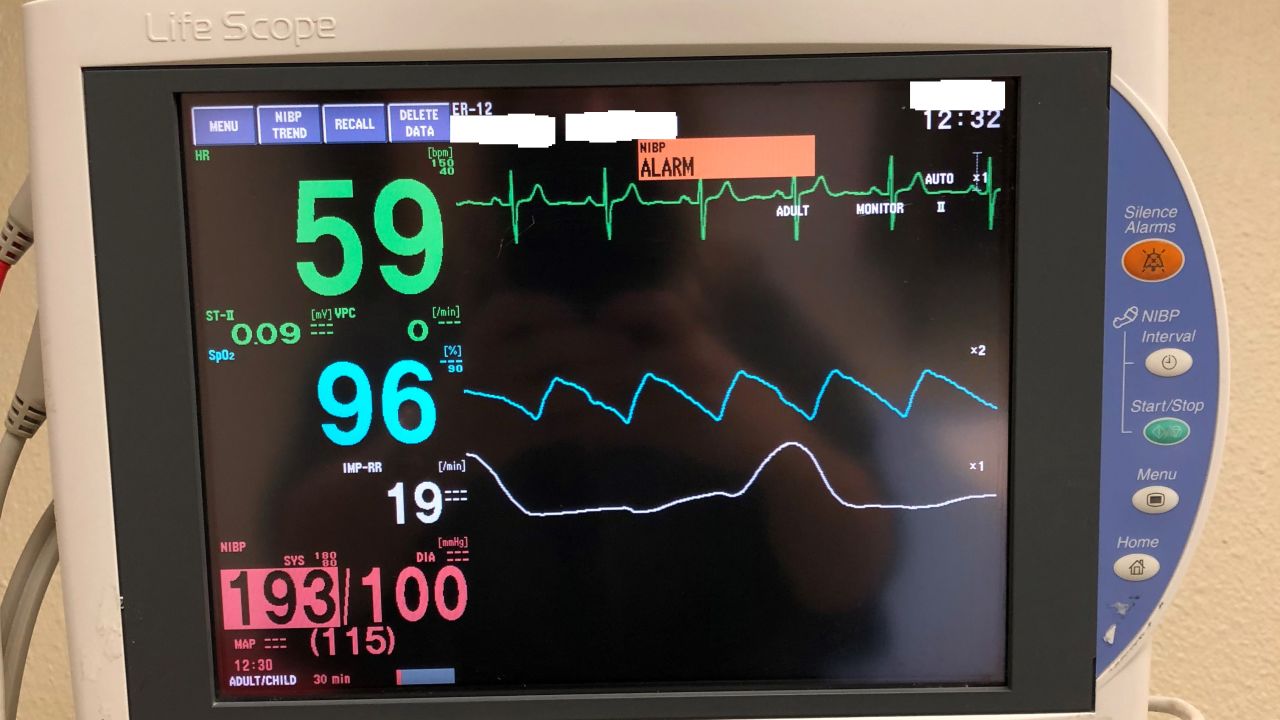CNN
—
Black adults living in zip codes historically impacted by redlining have an 8% higher risk of developing heart failure than Black adults in non-redlined areas, a study published Monday in the American Heart Association’s scientific journal Circulation says.
During the early 20th century, US banks routinely engaged in a racist lending practice known as redlining, which denied loans and insurance to people of color seeking to purchase houses outside undesirable areas of cities. The practice began in the 1930s, amplifying segregation, and was eventually banned in the late 1960s.
“Among Black adults living in historically redlined communities, approximately half of the excess risk of heart failure appeared to be explained by higher levels of socioeconomic distress,” the AHA said in a news release.

Increased risk for hypertension and Type 2 diabetes are among the other ailments that disproportionately affect Blacks residents in these neighborhoods, according to previous AHA research.
“Although discriminatory housing policies were effectively outlawed nearly a half-century ago, the relationship between historic redlining practices and people’s health today gives us unique insight into how historical policies may still be exerting their effects on the health of many communities,” study co-author Dr. Shreya Rao, a cardiologist and assistant professor in the Department of Internal Medicine at the University of Texas Health Science Center at San Antonio, said in a statement.
Researchers analyzed data on more than 2.3 million residents who were enrolled in Medicare between 2014 and 2019 by linking it with residential ZIP codes across the US. The analysis included 801,452 participants who identified as Black adults and nearly 1.6 million participants who self-identified as non-Hispanic White adults.
Unlike Black adults, the study found that White adults living in communities with a high proportion of redlining did not have a higher risk of heart failure.
“These findings show us the harm that discriminatory and racist housing policies have had on generations of Black adults and suggest the long-term impact of such policies on cardiovascular health disparities,” said Dr. Ambarish Pandey, another co-author and an assistant professor in the Department of Internal Medicine at UT Southwestern Medical Center.
